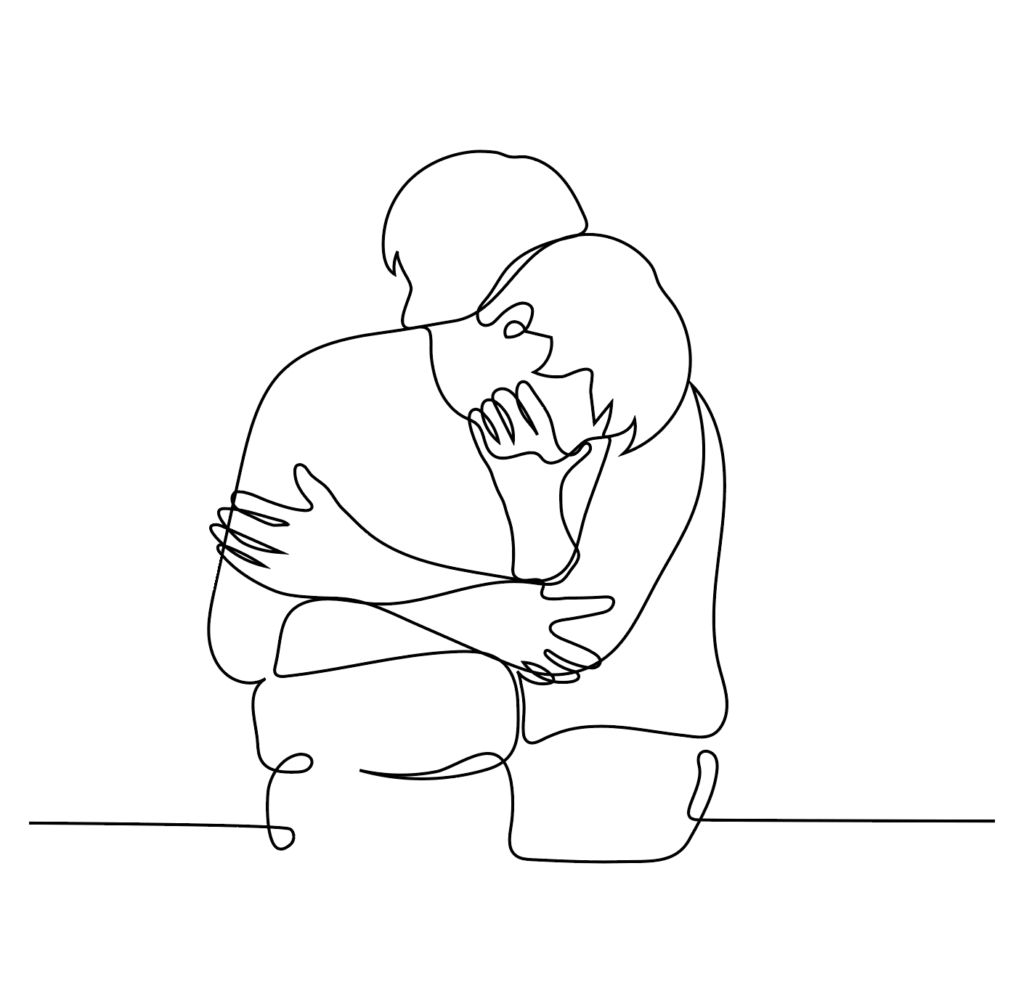What is grief?
First, we need to understand what the word Grief stands for.
In the Oxford dictionary, the definition is in two parts…
- Intense sorrow, especially caused by someone’s death
- Trouble or annoyance
We will focus on the first definition
Wikipedia states – ‘Grief is the response to loss, particularly to the loss of someone or a living thing that has died, to which a bond or affection was formed. Although conventionally focused on the emotional response to loss, Grief also has physical, cognitive, behavioural, social, cultural, spiritual, and philosophical dimensions’

Five stages of Grief
There is a lot to consider here, and we will all face it at some point in our lives. To different levels and have different impacts on our lives physically and mentally. There have been many studies about the stages you experience during the process from four to twelve. We will look at the five stages of Grief (or the Kübler-Ross model) and tips to cope.
Stage 1 – Denial
Sometimes, people carry on with their day, ignoring what has happened, putting the news to the back of their mind and keeping busy. It’s hard to believe you will never speak to or see someone again that you may have spoken to the day before. Denial slows the process down, so able to cope.
Stage 2 – Anger
This stage comes as the reality starts to hit home; we are adjusting, and the easiest way to let the emotion out is through anger. However, this can leave us isolated when really, we need comfort, connection, and reassurance.
Stage 3 – Bargaining
We now feel so desperate to change the reality that we offer ourselves to sometimes a higher power or something bigger than us that could change the outcome and the reality we are facing. We often look at ourselves to blame, and if we had been different or done different things, we would not be facing this extreme pain.
Stage 4 – Depression
At this point, our mind has calmed, and we start to see the reality; we can no longer bargain to change what is happening. Panic subsides, and the feelings of loss can become overwhelming, no longer able to hold back the sadness. Most people retreat, become less sociable, may stop reaching out and become isolated.
Stage 5 – Acceptance
When we come to a place of acceptance, it is not that we no longer feel the pain of loss. Instead, we are no longer resisting the reality of our situation and are not struggling to make it something different. Sadness and regret can still be present in this phase. But the emotional survival tactics of denial, bargaining, and anger are less likely to be present during this phase of the grieving process.
Things to remember when dealing with Grief
- Each person is different; give yourself time; you will not feel like this forever
- Be kind and gentle to yourself
- You can manage it, even when you feel you can’t
- There is help available; consider counselling or hypnotherapy
- Your feelings are normal
- You are not alone
- Honour your loved one
- Postpone major decisions
- Express your feelings
- Welcome support from others







